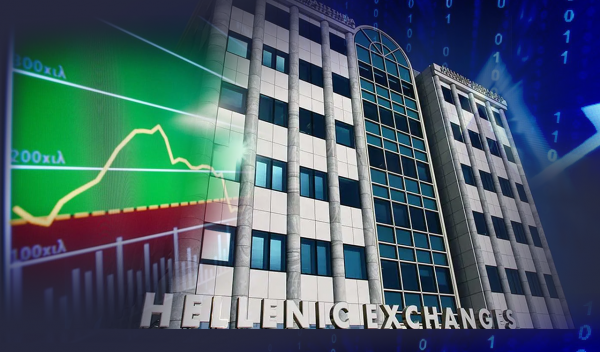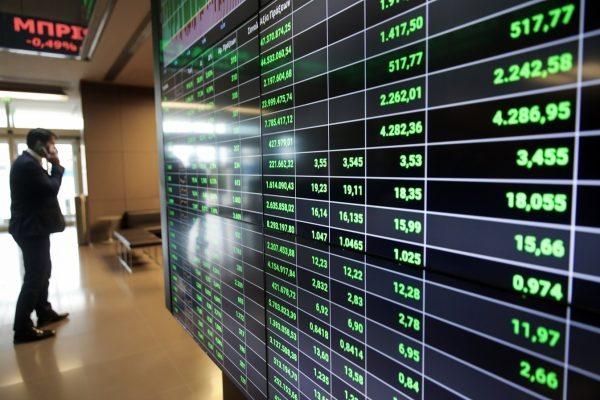EU leaders plan to discuss arm exports to Turkey with NATO allies and Washington, German Chancellor Angela Merkel said today, after Greece’s push at the December 10-11 EU summit for an arms embargo on Ankara was dismissed.
Merkel (file photo with US President-elect Joe Biden) spoke after a summit where the EU’s 27 leaders agreed to prepare limited sanctions on Turkish individuals over Ankara’s energy exploration dispute with Greece and Cyprus, but postponed discussions on any harsher steps until March.
“We … spoke about how questions about arms exports must be discussed within NATO. We said that we want to coordinate with the new U.S. administration about Turkey,” Merkel told a news conference. Many EU states are also members of NATO.
Merkel’s comments underlined a hardening stance on Turkey among EU governments, many of whom have in the past resisted punitive measures on Ankara, a NATO ally, candidate for EU membership and host to Syrians fleeing civil war who would otherwise seek refuge in Europe.
But EU states have also grown increasingly critical of Turkey’s involvement in Libya and its purchase of a Russian weapons system, among other flashpoints.
The United States is already poised to impose sanctions on Turkey over those Russian purchases, Reuters reported yesterday.
Turkey’s foreign ministry on Friday rejected what it called the EU summit’s “biased and illegal” approach on the sanctions.
Turkish President Tayyip Erdogan called on the United States and EU governments to stop being influenced by what he called anti-Turkish lobbies but, in an unusually conciliatory tone, said he believed issues could be solved through dialogue.
Tensions have flared over Turkey’s decision to send oil-and-gas drilling ships to waters off southern Cyprus where Greek Cypriot authorities have already awarded hydrocarbon exploration rights to Italian and French companies.
Turkey says it is operating in waters on its own continental shelf or areas where Turkish Cypriots have rights. It has also repeatedly accused Greece of avoiding bilateral talks over their conflicting maritime claims and has accused the European Union of being biased towards Greece and Turkey.
The EU exported only 45 million euros worth of arms and ammunition to Turkey in 2018, including missiles, according to EU statistics office Eurostat, but sales of aircraft amounted to several billion euros.
The United States, Italy and Spain were the top exporters of arms to Turkey from 2015-2019, according the Sweden-based Stockholm International Peace Research Institute (SIPRI), a leading conflict and armaments think tank.
EU governments agreed in October 2019 to limit arms sales to Turkey but stopped short of a bloc-wide ban. The bloc currently bans arms sales to several states including Russia, Belarus, Syria and Venezuela.
The European Union and NATO are planning to hold a summit with U.S. President-elect Joe Biden after he takes office in January.
Source: Reuters


























